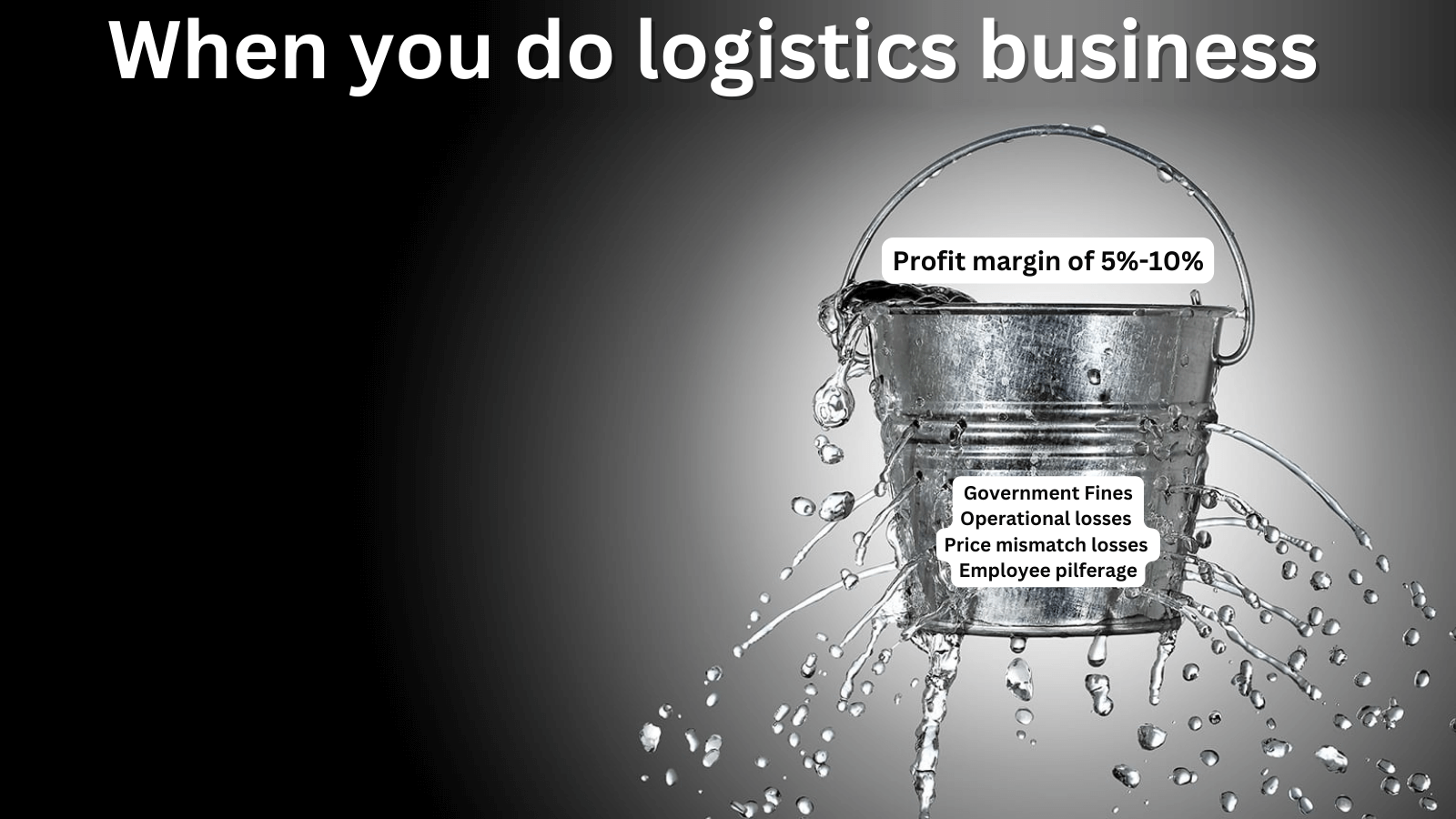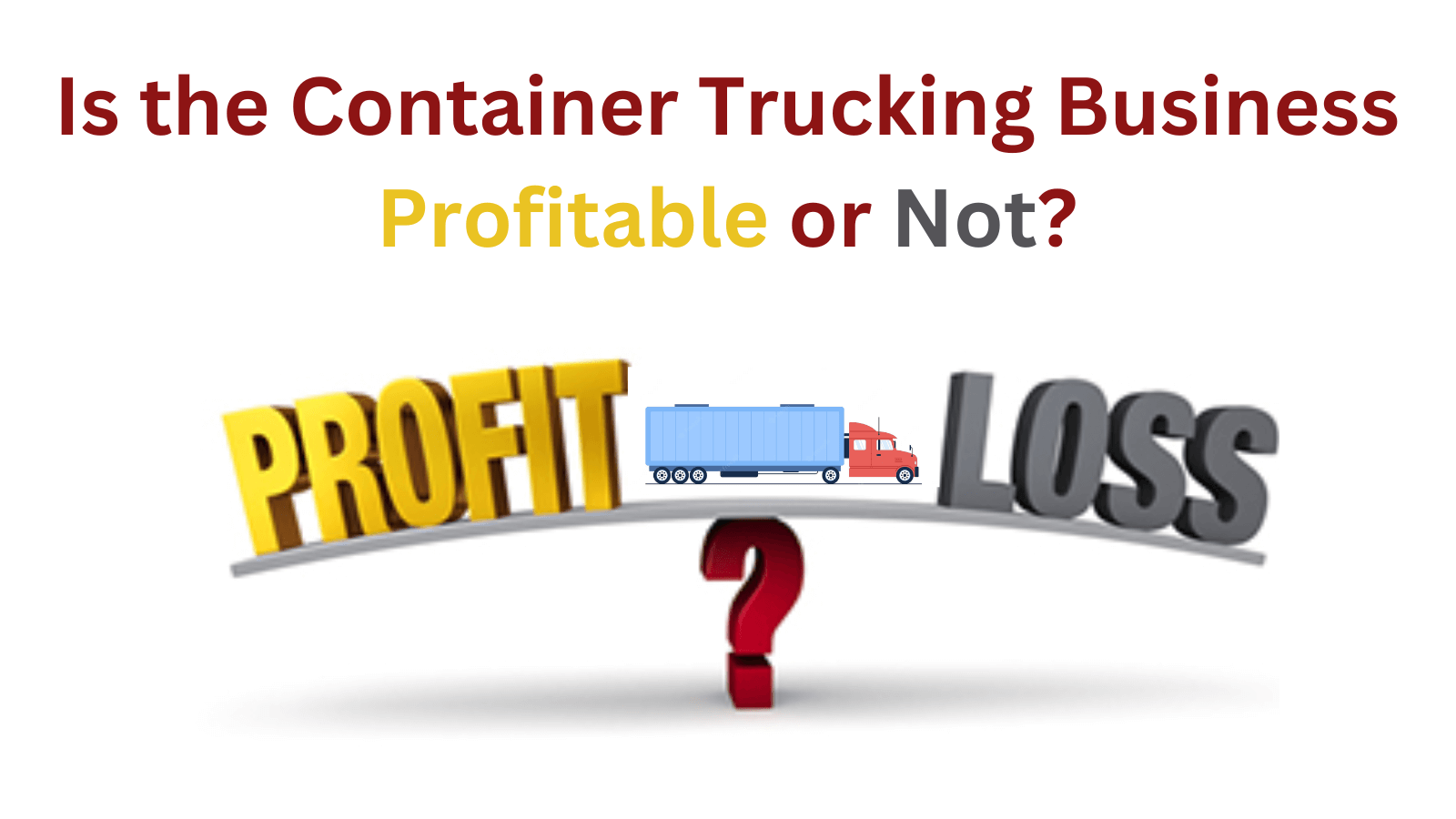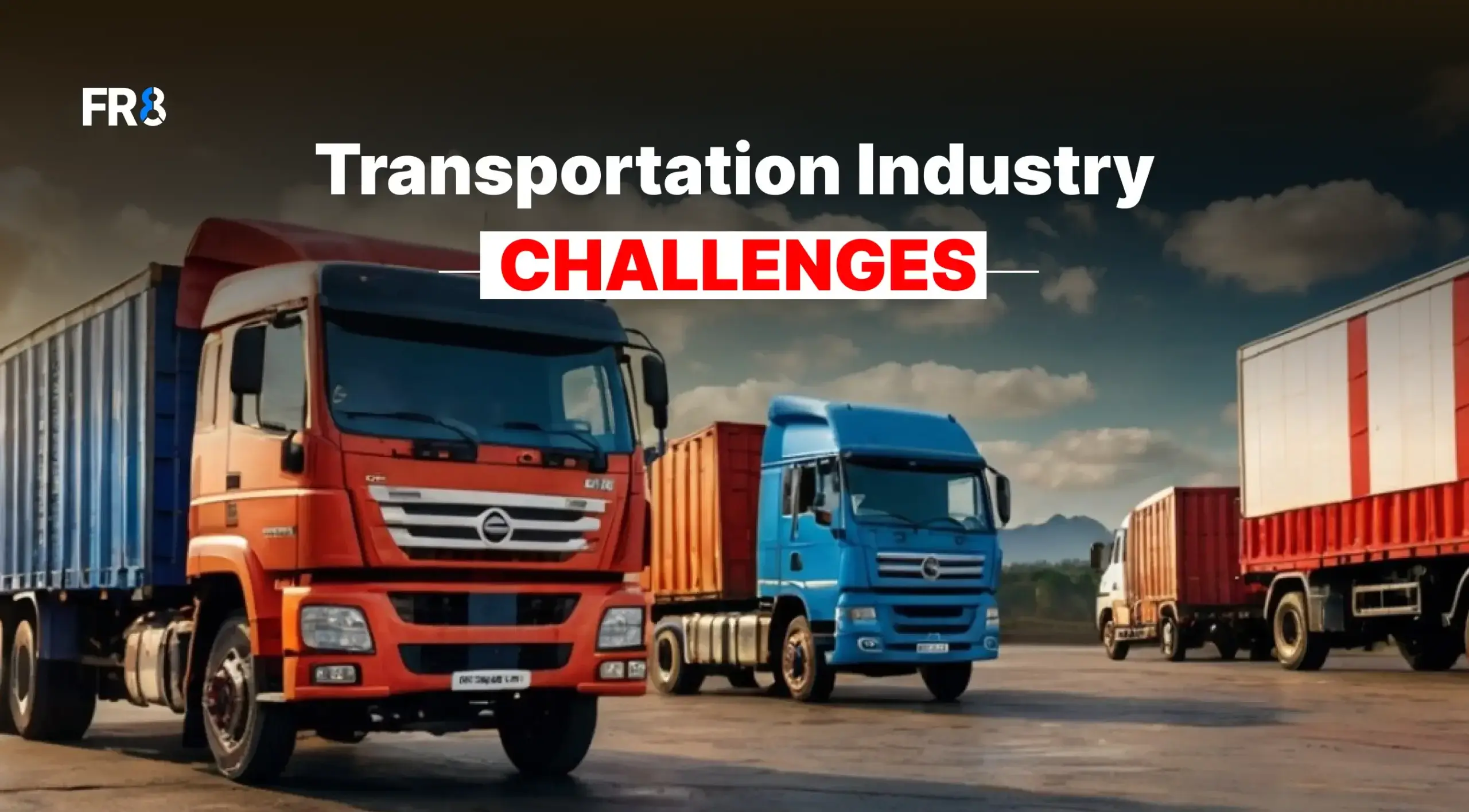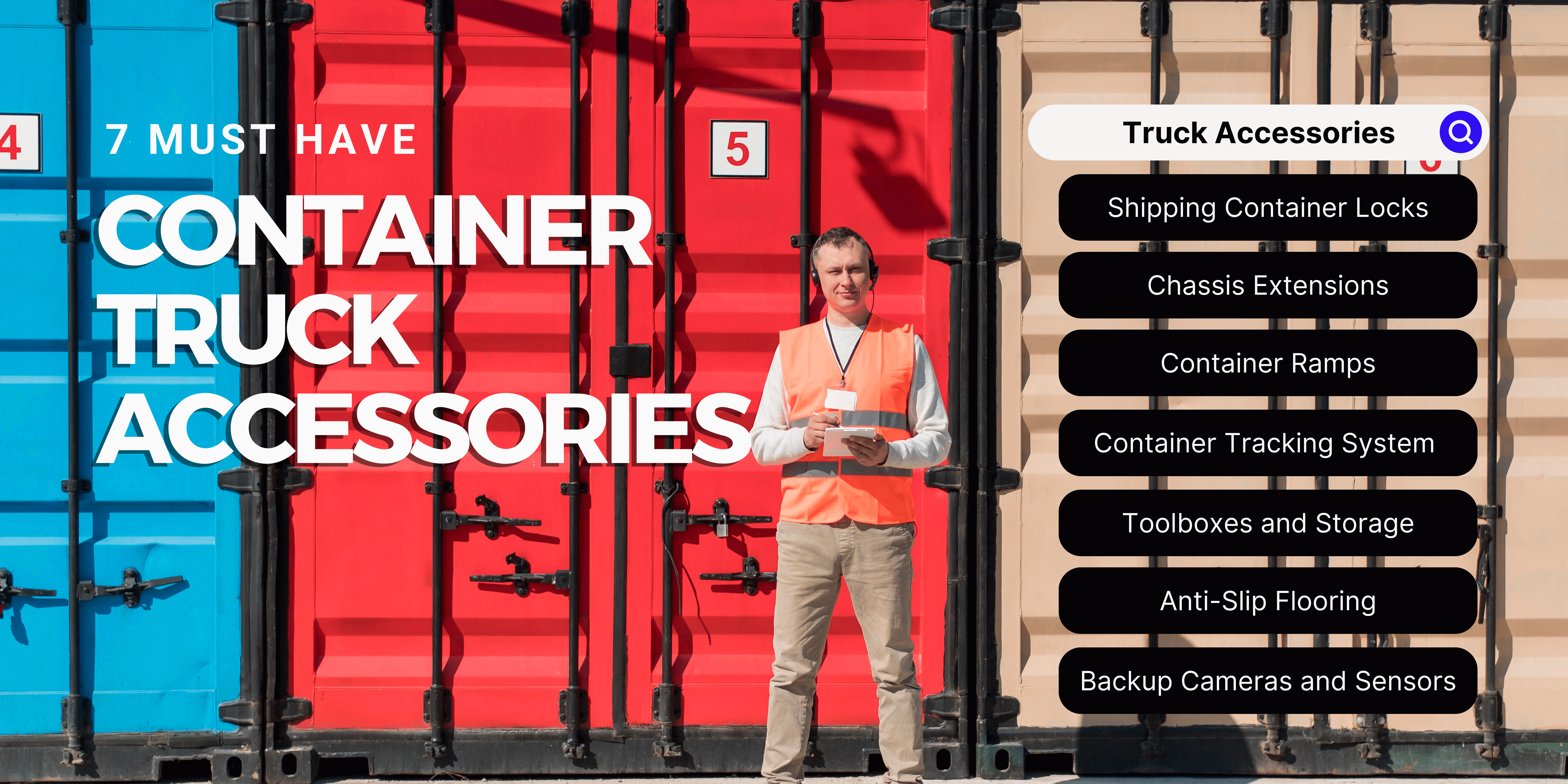
India, with its vast geographical expanse and prosperous economy, has witnessed an incredible evolution in the field of goods transport services over the years. From traditional methods to embracing new technology-driven solutions, the logistics industry in India has transformed to meet the demands of a rapidly developing nation.
In this blog, we will explore the key milestones and the significant role played by various stakeholders in shaping the sector of goods transport services in India.

India has the second-largest road network in the world, spanning over 63,31,757 kilometers. To compliment this, we have a rail line that accounts for over 68,103 kilometers, which makes it the fourth largest in the world. With such immense expansion of the transport infrastructure, its future is entangled in a lot of dynamic changes.
The transport industry is so vast that it contributes to over 6.5% of the nation’s GDP. With such development, there’s no doubt we are bound to witness a revolution in this industry.
One such revolutionary project that can change the whole game for the transportation industry is the hyperloop system which boasts of being created through innovative leaps. This project promises to save time for daily long-distance commuters and improve connectivity to different locations.
While there is a tremendous amount of research and innovation taking place, the sector is on the angle of revolution. Some of the factors are:
Table of Contents
1. Introduction of Roadways

The introduction of roadways revolutionized goods transport in India. Prior to the development of road infrastructure, transportation primarily relied on traditional means such as animal-drawn carts, bullock carts, and river transport.
The construction of highways and the expansion of road networks played an important role in connecting cities, towns, and rural areas, facilitating trade, and promoting economic growth. Roadways offered exceptional flexibility, accessibility, and the ability to reach even remote locations efficiently.
Road transport became the backbone of the supply chain, enabling the movement of raw materials, finished products, agricultural produce, and essential commodities. It assisted in the growth of industries, promoted inter-state and intra-state trade, and contributed to the overall development of the economy.
Besides, roadways played a vital role in improving connectivity and accessibility for rural communities, improving access to education, healthcare, and other essential services. It brought people closer, encouraging social integration and cultural exchange.
The introduction of roadways in India has been involved in transforming the transportation sector, enabling efficient movement of goods, promoting economic development, and enhancing connectivity for both urban and rural areas.
It helped in shaping India’s logistics landscape and remains a vital pillar of the country’s transportation infrastructure.
2. The Rise of Freight Forwarders

Freight forwarders have appeared as crucial players in the global logistics industry assisting in the smooth movement of goods across international borders. As international trade expanded, the barriers and challenges associated with transporting goods across different countries and regions increased significantly.
This led to the rise of freight forwarders who acted as intermediaries, bridging the gap between shippers and carriers. Freight forwarders play a pivotal role in coordinating and managing the transportation of goods from the point of origin to the final destination.
They provide a wide range of services that include documentation, customs clearance, freight consolidation, route planning, and cargo insurance. By holding their expertise and industry knowledge, freight forwarders ensure that shipments are handled efficiently, comply with regulatory requirements, and reach their destination on time.
The rise of freight forwarders has had a significant influence on international trade, enabling businesses of all sizes to access global markets and expand their boundaries. By offering expertise, reliability, and efficiency, freight forwarders have become essential partners for companies involved in import-export activities.
3. Shift to Organized Logistics Providers

The demand for reliable and professional logistics services led to the origin of organized logistics providers. These companies brought standardized processes, improved tracking systems, and enhanced supply chain visibility. They offered end-to-end solutions, encompassing warehousing, inventory management, and last-mile delivery, catering to the evolving needs of businesses.
In recent years, there has been a note-worthy shift in the logistics industry towards organized logistics providers. Traditionally, logistics operations were often divided and handled by multiple entities, resulting in inefficiencies and a lack of standardization.
However, the rise of organized logistics providers has brought significant improvements in the overall management and execution of supply chain activities. One of the key benefits of engaging organized logistics providers is their ability to optimize logistics operations.
With the use of sophisticated tracking and tracing technologies, businesses can have real-time visibility into the movement of their goods at every stage of the logistics process. This visibility ensures proactive management of exceptions and enables timely decision-making to minimize disruptions and optimize inventory levels.
4. Integration of Technology

The integration of technology has evolved the logistics industry, bringing about significant advancements in efficiency, transparency, and overall operational effectiveness. From holding digital solutions to adopting automation and data analytics, the integration of technology has transformed various aspects of logistics management.
Some of the essential factors in integration of technology are:
- Automation and Robotics.
- Transportation Management Systems (TMS).
- Warehouse Management Systems (WMS).
- Internet of Things (IoT).
- Data Analytics and Predictive Analytics.
- Digital Platforms and E-commerce.
As technology continues to advance, the logistics industry is poised to further evolve, embracing innovations that drive productivity, sustainability, and customer-centricity.
Note: FR8 Uses technology as a major part of their business to get things done in an efficent manner. You can check FR8’s website to know more.
5. Introduction of Dedicated Freight Corridors

The introduction of dedicated freight corridors has been a solid game-changer in the field of transportation and logistics. These are specialized railway tracks designed exclusively for the movement of freight, separate from passenger trains. They are beneficial in terms of efficiency, capacity, and speed of transportation, making them a critical factor of the logistics infrastructure.
One of the key advantages of dedicated freight corridors is the enhanced capacity they offer. These corridors are outlined to handle heavy freight traffic, allowing for the transportation of larger volumes of goods. With increased capacity, businesses can level up their operations, meet growing demand, and ensure the smooth flow of goods across different regions.
In addition, dedicated freight corridors contribute to cost savings in logistics operations. The optimized infrastructure, faster transit times, and increased capacity lead to lower transportation costs for businesses allowing them to enhance their cost-efficiency and maintain competitiveness in the market.
The introduction of DFC has brought about a pattern shift in freight transportation. They provide improved capacity, reduced transit time, improved operational efficiency, and cost savings, making them instrumental in meeting the growing logistics needs of businesses.
6. Embracing Sustainable Practices

In today’s global scenario, the integration of sustainable practices has become crucial for businesses across various industries, including logistics. Embracing sustainable practices in logistics involves adopting environmentally responsible strategies and minimizing the ecological footprint related with transportation and supply chain activities.
This shift towards sustainability brings innumerable benefits for both businesses and the environment. One of the key benefits of adopting sustainable practices in logistics is the reduction of greenhouse gas emissions and environmental impact.
Sustainable practices in logistics also helps in building a positive brand image and meeting customer expectations. As environmental consciousness grows among consumers, they are increasingly inclined to support businesses that prioritize sustainability.
By demonstrating a dedication to sustainable logistics, businesses can attract environmentally conscious customers, differentiate themselves in the market, and enhance their reputation as socially responsible organizations.
Conclusion
In conclusion, the evolution of goods transport services in India has witnessed exceptional advancements, driven by factors such as technological innovations, infrastructure development, and policy reforms.
From traditional modes of transportation to the integration of organized logistics providers, the industry has experienced a transformation that has led to improved efficiency, reliability, and connectivity. The introduction of dedicated freight corridors and the rise of freight forwarders have further enhanced the logistics sector, facilitating smooth movement of goods across the country.
Embracing sustainable practices has become a vitial aspect, aligning logistics operations with environmental concerns and customer expectations. As India continues to progress and global trade expands, the evolution of goods transport services will continue, creating new opportunities and shaping the future of the logistics industry in the country.
Explore the evolution of goods transport for more details.

Tushar
I'm an HR at FR8 and a passionate blogger. Apart from my day job as HR, reading and writing books/blogs are two of my absolute favorite things to do. I like taking on new challenges and most importantly, I believe in bringing efficiency towards everything I do.
I love expressing my thoughts and visions through the medium of words in the form of blogs or articles or books. Till this date, I've successfully published three short-novels on my own and will continue to do so.






